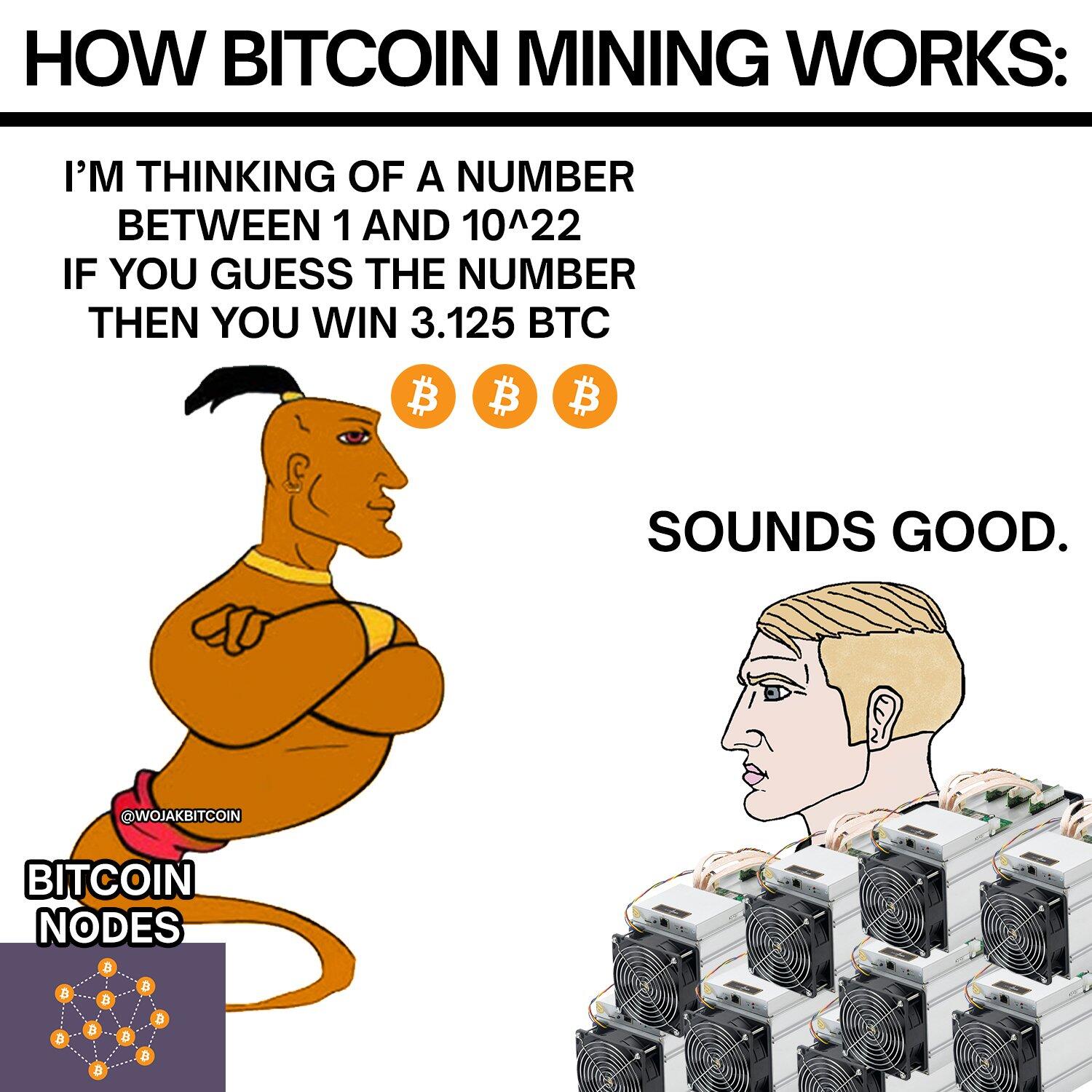#Bitcoin was created to be decentralized electronic money, but does that truly define what it is today?
Perhaps its purpose goes beyond what its creator imagined, and what it is accomplishing now may give us important clues.
Stafford Beer's concept, known as POSIWID ("The purpose of a system is what it does"), helps us understand this. In other words, the real impact of a system defines its purpose, more than the original intention.
Applying this to Bitcoin, it was conceived as "decentralized electronic money." However, by observing its impact on the world, we see that it has transformed into something much greater: a monetary convergence point, a Schelling Point.
The concept of a Schelling Point refers to a natural convergence point where people align without explicit communication because it seems logical or inevitable. In the case of Bitcoin, it has become a place to preserve value in a decentralized, immutable, and third-party-independent way. This phenomenon was not imposed but emerged organically.
As a monetary convergence point, Bitcoin is changing existing financial structures. It redefines incentives by rewarding saving, patience, and honesty—values rarely encouraged by traditional systems.
This creates an inevitable competition. Financial systems now have to face the existence of an asset that cannot be inflated, censored, or manipulated. Bitcoin forces governments and central banks to adapt or become irrelevant.
Therefore, the true purpose of Bitcoin seems to be what it is already achieving: reorganizing global monetary incentives.
It expands as it is adopted, and its presence becomes increasingly inevitable. Its adoption happens like this: "Slowly, then suddenly."
First by the curious and idealists. Then by common individuals, pioneering companies, and institutions. Finally, by large corporations and even states.
Bitcoin’s impact is gradual, until it becomes impossible to ignore.
Although we may still not fully know its purpose, it seems clear that, at this moment, Bitcoin is a monetary convergence point that forces the world to rethink money, incentives, and power.
Are we overestimating or underestimating Bitcoin's real impact? That remains to be revealed.

